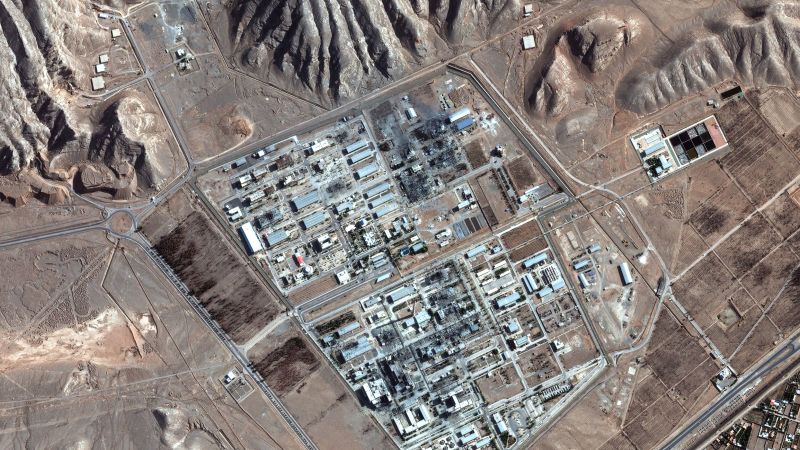Iranian Director Soheil Beiraghi on Controversial ‘Bidad’: ‘It’s Not My Problem What the Islamic Republic Will Do to Me When I’m Back. It’s Theirs’
Iranian director Soheil Beiraghi is coming to Karlovy Vary Film Festival to present the independently made drama “Bidad.” But he won’t be joined by his cast and crew.
“They decided not to come. I respect their decision, but I need to stand by my work. I need to show I have control over my actions. But after the festival? I have no idea what’s going to happen. We have no control over that.”
“Bidad,” referencing ongoing governmental oppression, focuses on an aspiring singer. Tired of being harassed and silenced, Sati starts performing on the streets. She becomes a viral sensation, but once she catches the unwanted attention of the regime, nobody can protect her: not her alcoholic mother, stuck in bad relationships, and certainly not her weed-loving friend.
The Czech fest decided to wait before announcing the film’s selection, citing the team’s safety.
“We talked about the political nature of the film and how critical the situation in Iran is right now. We don’t know what’s going to happen, even tomorrow,” Beiraghi admits to Variety. Following recent U.S. military strikes, the future is uncertain.
“I have nothing but this film. That’s why I’m attending the festival, no matter the outcome and no matter the risk. And about the rest… I’ll think about it later. Iran is my home. I’m going to return, because no one has the right to banish us from our homes.”
He adds: “It’s not my problem what the Islamic Republic will do to me when I’m back. It’s theirs.”
His main character Seti faces similar dilemmas. With her newfound fame, she poses a problem. But even after being threatened and held captive, she doesn’t want to leave the country.
“There’s an awakening in the society. Our lives in Iran, our pain, are different from the ‘official’ version. Iranian media show what benefits the government, but it has nothing to do with reality. We’re sick of being pitied or portrayed as victims. We are very, very strong. That’s what this story is about,” he says.
There are two types of Iranians, he stresses: those who stay and accept they’re going to be hurt by the system, and those who decide to leave. Seti seems to be offering another solution.
“She says: ‘Maybe there’s a third option? Maybe we can stay in Iran, stand by our loved ones and what we believe in, and say no to the system that hurts us’?”
Beiraghi wanted to focus on a singer for a simple reason: “It has been years since Iranian women have been heard in Iran, because of the laws directed against them,” he notes. “But the more oppression there is, the more powerful their voices get.”
Sati struggles to talk after experiencing captivity.
“This is what totalitarianism does to independent, progressive people. It takes their talent away, locks them up or kills them. It doesn’t let them thrive,” he says. And yet the new generation keeps on proving their courage.
“They are fearless. We’ve already seen the past, but this is the future. When they’re oppressed, they bounce back stronger. I show it in the film – when people her age stand by Sati’s side, she slowly regains her voice.”
She can count on her peers. But not on the older generation, often broken beyond repair.
“There’s a scene when Seti’s mom is very, very drunk and that’s when people really reveal themselves. Seti is at the height of her activism and her mother is almost jealous of this child. Unlike her, this girl is fighting back; she’s making a difference. This younger generation is doing what the older couldn’t, for many reasons.”
Navigating “absolute control” of the Ministry of Culture and Islamic Guidance has taught him a few tricks over the years, admits Beiraghi.
“They’re very strict – for no reason. I know how to be more discreet or how to bypass some stuff, and how to find new ways of telling my stories. By imposing unjust laws, they just betray their own weakness.”
While the international film industry keeps on voicing its support, often awarding Iranian filmmakers its biggest awards – most recently the Palme d’Or, which went to Jafar Panahi for “It Was Just an Accident” – Beiraghi has learnt to manage his expectations. Also when it comes to local colleagues.
“Frankly, I don’t expect anything from anyone but myself. I chose this path – others didn’t.”
“The situation of Iranian filmmakers is still very complicated. When we are alone, they support me – in public, they can’t do that because they’re scared. That’s what this system does to you, and I understand it. I just hope that one day, they’ll also find their own path – and their own voice.”

You may also like...
Africa's Silent Killer: Unmasking the Looming Non-Communicable Disease Crisis
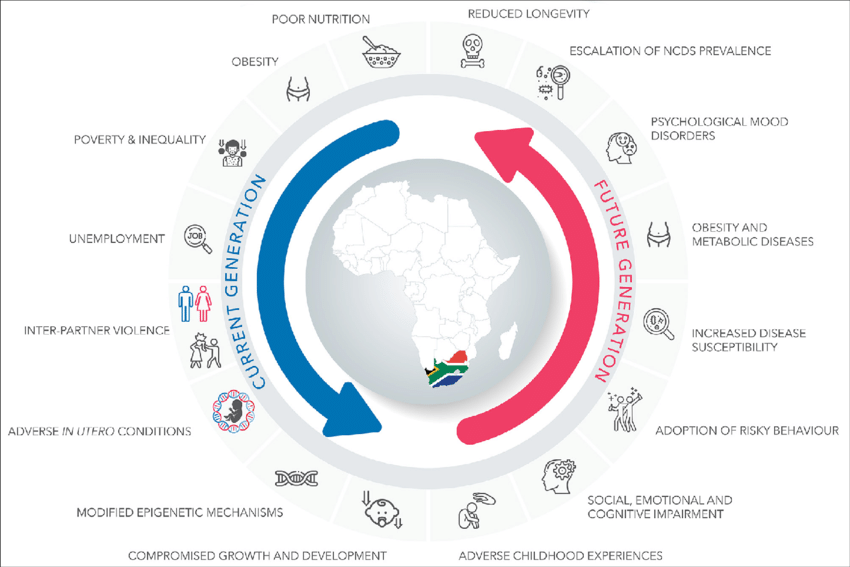
Beyond infectious diseases, Africa faces a silent killer: surging rates of diabetes, hypertension & cancer. Uncover this...
OPINION: WHY KINDNESS IS NO LONGER ENOUGH IN TODAY'S WORLD
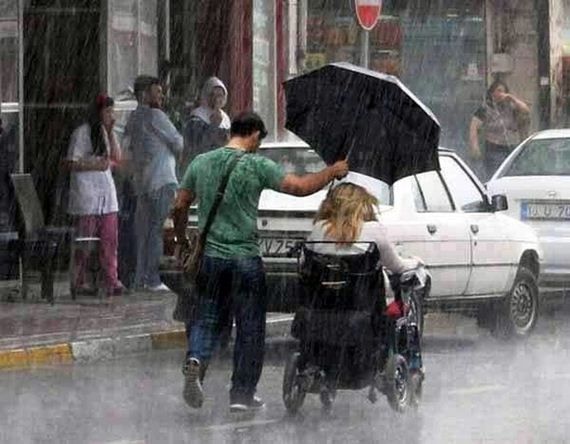
In a world overwhelmed by injustice, violence, and performative virtue, kindness has been reduced to aesthetics and slog...
From Drumbeats to Downloads: How African Storytelling Evolved Through Music and Media
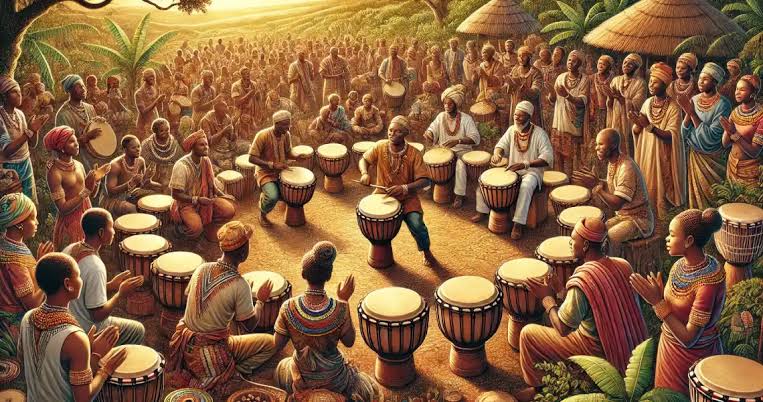
From village griots to viral podcasters, discover how African storytelling has evolved through music, film, and digital ...
Textiles, Trade, and Transformation: How African Fabric Became a Global Business Icon
(1).jpeg)
Discover how African textiles, from Ghana’s Kente to Tanzania’s Khanga, evolved from ancient trade goods to global fashi...
Why A Company's Networth Doesn't Predict Success in Africa
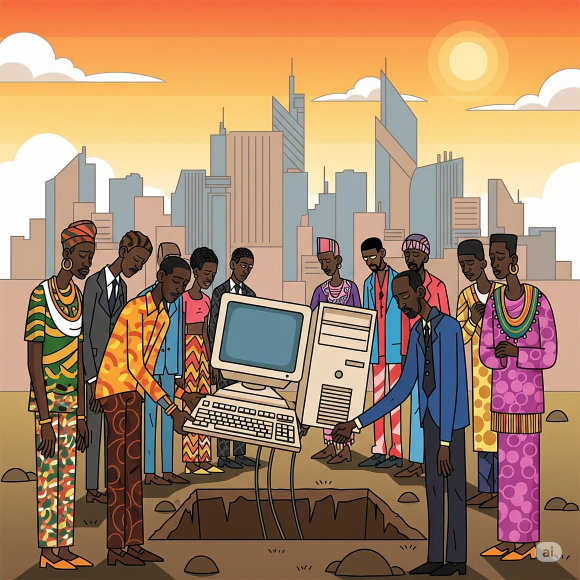
There’s a familiar buzz every time an African startup announces a big funding round—“$80 million secured!” It feels like...
We Were Never in Leaves: An African Loom & the Civilisation We Wove
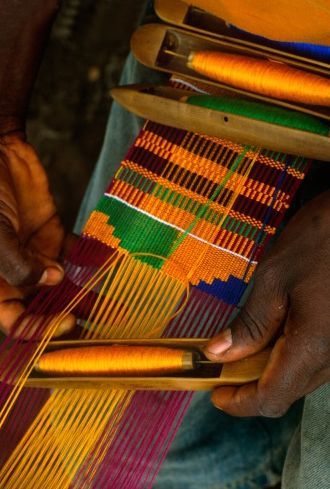
Before colonialism, African communities had thriving textile cultures, complex weaving traditions, and rich cloth econom...
Revving into the Future: Nigeria’s Formula 1 Dream Inches Closer
.jpeg)
Nigeria is accelerating toward a historic milestone with plans to host West Africa’s first Formula 1-standard racing fac...
If You’re a Gamer, Then Morocco Is Building the Ideal Country for You
.jpeg)
Discover how Morocco is transforming into a digital hub, where gaming meets cultural expression, innovation, and youth e...



